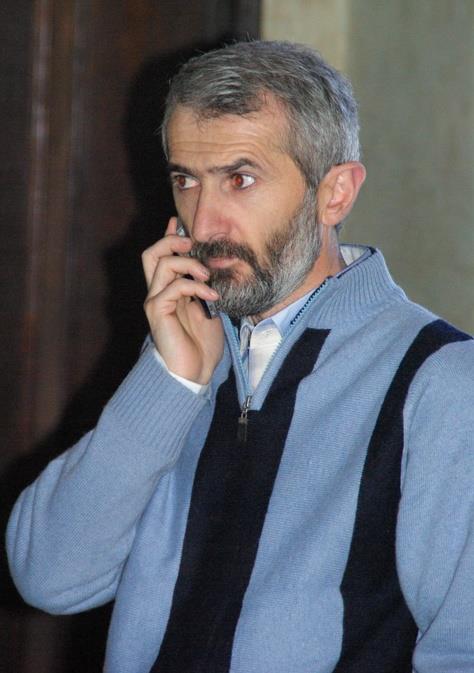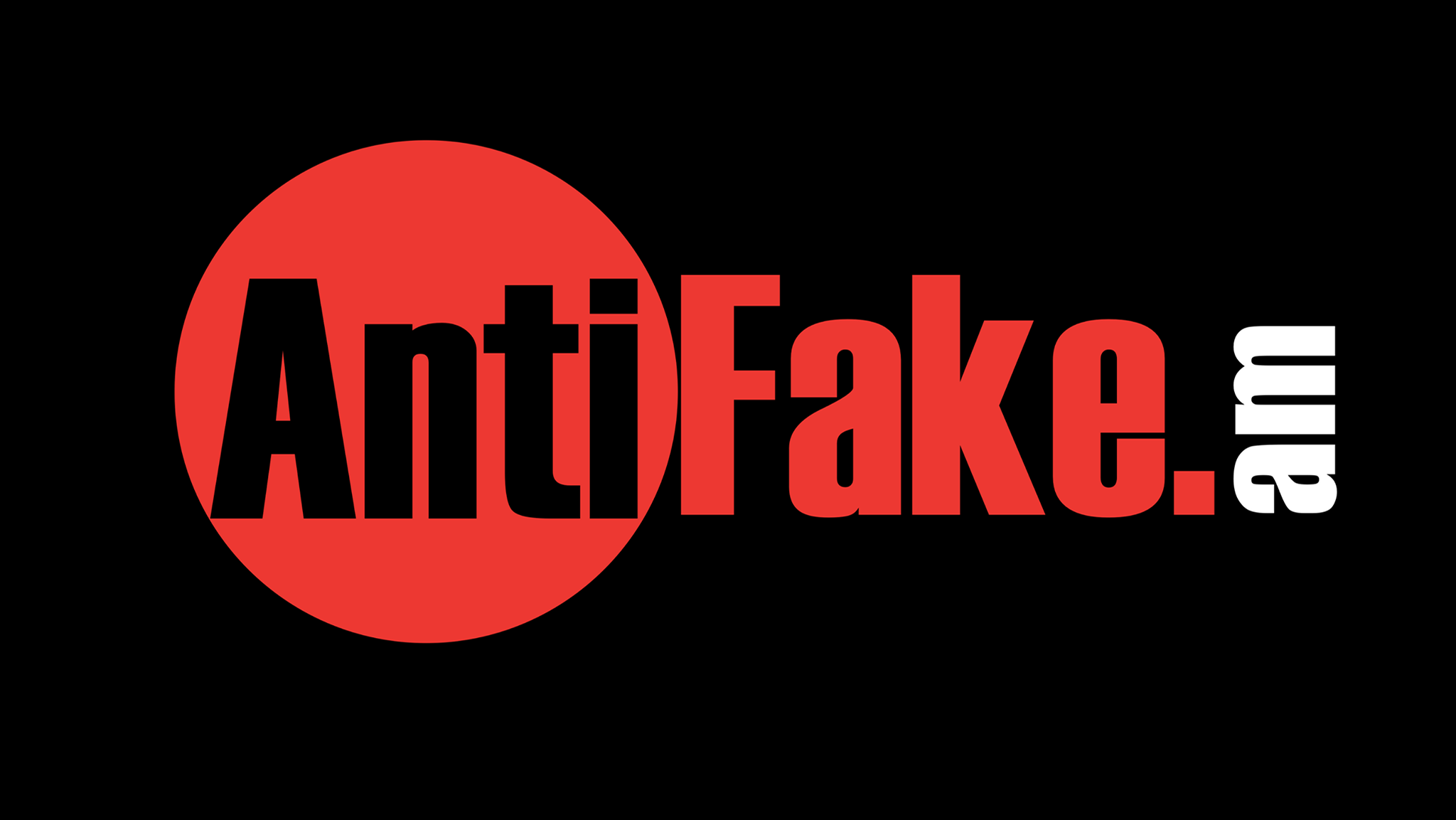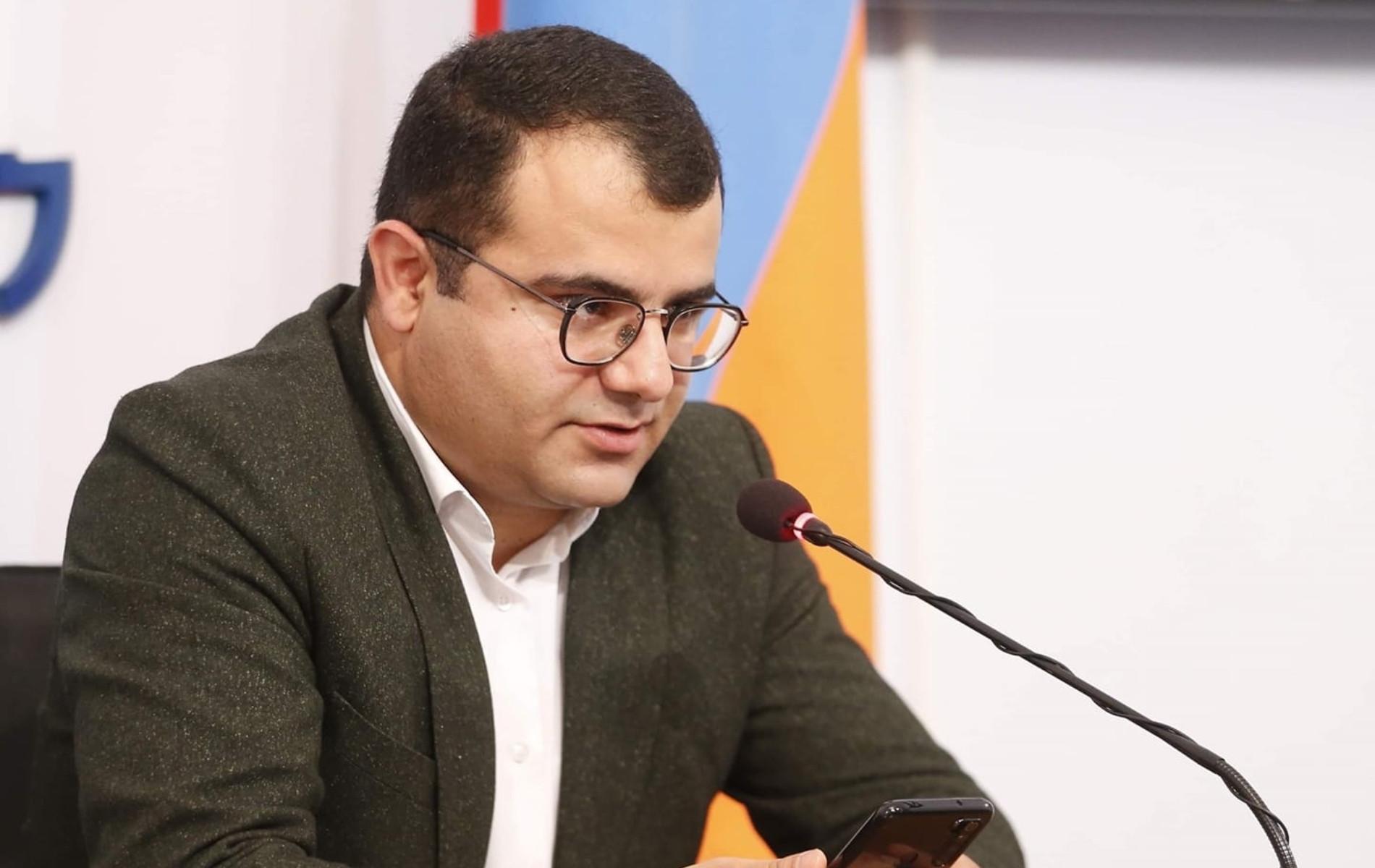As of today, only one television in each marz has license for digital broadcasting. Following the adoption of amendments to the Law on Television and Radio on 18 December 2015 the other TV channels based in the same region stood a chance to continue analogue transmission until the appearance of a private multiplexor or until the next bidding is announced.
Thus the authorities pretended solving the issue of TV companies which do not have license for digital broadcasting. Was this a chance for the analog TV channels?
Ankyun+3 TV of Alaverdi Town is one of them. How does the Company operate, what challenges is it facing under the unequal opportunities? We had an interview with Sasun Siradeghyan, head of Ankyun+3.
– Mr. Siradeghyan, will you please explain the impact of the digital switchover on analog channels on the example of your TV company?
–While the quality of the air of digital TV companies has improved, that of analog broadcasters remains the same. It is visually pleasant for a viewer to watch digital air, so people watch analog TV only if they need to. For example, if the people living in Alaverdi want to watch the local news, they will watch our air but for films or shows they certainly choose digital air with higher quality. In other words, first we encountered the loss of our audience. By the way, there was an issue of awareness too. Most of them got digital decoders and could not find our channel and thought that it’s over, Ankyun+3 had closed down. Few knew that they can watch analog channels along with digital ones. Those few ones who noticed the advantage of digital air telephoned us and inquired when Ankyun+3 will become one of digital TV channels. We also lost commercials. Formerly, the regional television did not cover the entire region, we stood the competition thanks to our programs. Now, Fortuna TV, for instance, is digital and covers the entire marz, so clients definitely prefer paying to a TV company which has license to make sure that the entire marz watches their commercials. In its turn, losing commercials caused financial problems. Last year we had to lay off 4 people. I explained to them the situation and told them to look for another job.
– After the amendment to the law the TV companies that do not have license were given an opportunity to continue analog transmission until the appearance of a private multiplexor or until the next bidding. Did this bring certainty into the future of your TV company or do you think the future remains uncertain?
– In reality, working in parallel to digital transmission was an additional incentive to us: we started filling in the quality gap by upgrading our programs. The population of Alaverdi watches our TV channels to learn the local news. So we tried to give viewers the information that they do not get from other TV channels, including those in Yerevan, the marz and the web. Therefore, our main focus shifted to local news and programs. At the same time, the uncertainty about future does not allow us to make additional expenses, have an additional program… What is going to happen to analog broadcasters in the future? Nobody knows. Today our television is trying to survive until better times through privation and losses. However, the question is if everything is going to be
alright. If this privation is not going to be followed by brighter days, why then are we doing that, will it be better to close our TV company today? I may make some expenses to improve the quality of our air but I have no guarantees that it will be better in the future. The bidding for a private multiplexor has been declared but, as far as I know, nobody has bidden yet.
-Eventually, the bidding failure was declared on August 2 because no applications had been submitted. According to the law, a new bidding must be announced in a year. Nevertheless, do you think that there will be more certainty if a private multiplexor appears?
-I hope that in that case at least the TV companies based in the marzes will not be “dumped”. They may require involvement of at least one or two TV companies per region in the social package. It is possible that the private multiplexor offers the regional TV companies to pay some monthly amount and be included in the network.
-And what will happen if no private multiplexor appears at all? Will this result in slow death of the TV companies that have not received digital license?
-Of course, it will. The analog TV companies cannot last long in this way. If no private multiplexor appears, the second option for their survival is the next bidding in 2020. Our TV company may apply and win. However, in order to live until then and apply to it a TV company has to sustain its basis, spend money, do everything possible to keep at the same level and be selectable at the time of the bidding. However, we know from our experience that nobody has any guarantees that the bidding will be unfair and not real, and the winner will not be pre-selected. At any rate, I work hard to keep the TV company at an adequate level. I still can do it but I don’t know until when. We have been on air since 1999 and we have become a family TV company over these years. I feel pity for what we have created. I feel pity for our audience. I feel pity for our connection with the viewer. Everything would have been different had there been a process of self-filtering of regional TV companies. One way or another, it is clear that with our limited advertising opportunities the number of TV companies cannot be big. However, let all this take place naturally, let there be competition. In that case, the TV companies would improve themselves. One would survive, others would close, and the strongest and resistant ones would survive. Meanwhile, in this case the government selected for us. Telling to wash away our hands and close the TV company will be a better option than this uncertainty. Unfortunately, officials cannot answer the question about our future. The term of office of the chair of the National Television and Radio Committee ends before 2020, so he does not know if he will remain by then or not. What policy will be adopted if someone else becomes [chair]? I don’t rule out that a lot will change after the upcoming parliamentary elections.
Lilit Hovhannisyan
CPFE Expert










